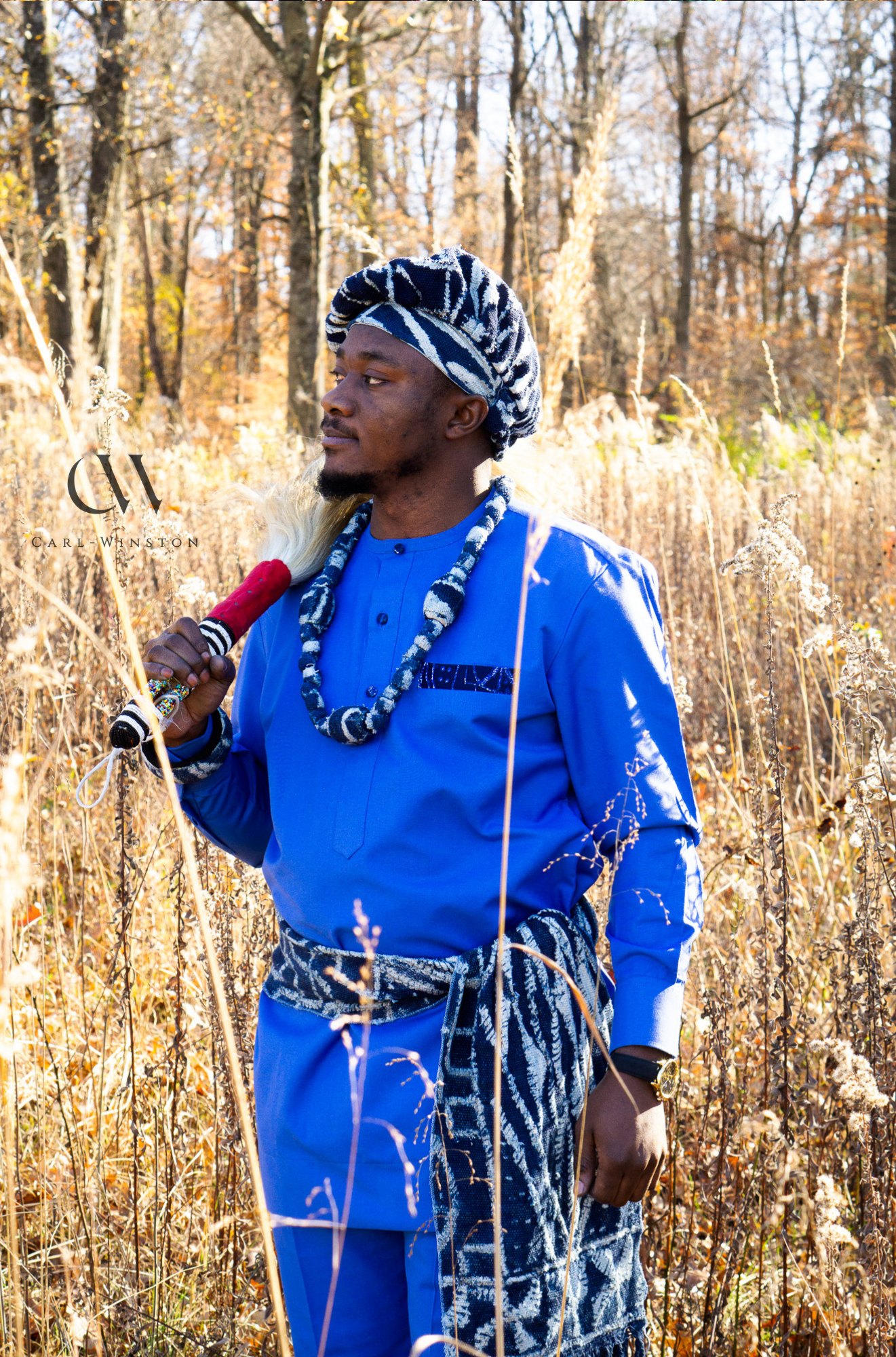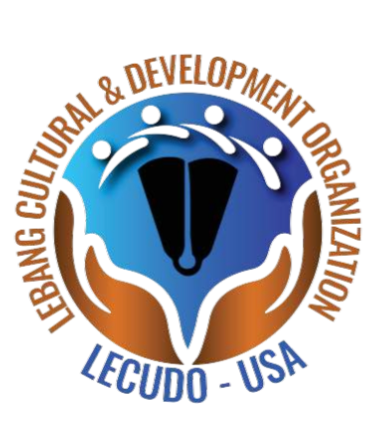Dr. George Alemnji, a notable advocate for community health, presents an insightful perspective on the urgent need to redesign the public health infrastructure for the Lebang Fondom people. Given the global crises such as pandemics, economic inflation, international wars, and internal conflicts, the health and resilience of a population are paramount for recovery. The political crisis in Cameroon's Southwest and Northwest Regions has severely impacted the health of the Lebang Fondom people, necessitating immediate and sustainable interventions.
Dr. Alemnji emphasizes the importance of developing a self-sustained public health system to support the Lebang community. He highlights past efforts led by the Lebang Cultural and Development Organization (LECUDO) in collaboration with the Mary Health of Africa Hospital, which showcased the community's capability for self-reliant health mobilization. These efforts demonstrated that the community could achieve significant health outcomes through collective action and responsiveness.
Addressing Current Health Challenges
To address the current health challenges, Dr. Alemnji proposes focusing on disease prevention, community infrastructure, workforce development, and transformative partnerships. He stresses that public health should target the social determinants of health, which directly influence disease prevention. By addressing these determinants, the community can implement cost-effective and sustainable health interventions.
Historically, Cameroon's public health system operated through Health Districts, with decentralized community health providers. However, the current crisis has dismantled these infrastructures. Dr. Alemnji suggests rebuilding community health centers and training community members to provide immediate health needs. He advocates for task-sharing, where trained individuals within the community handle basic health functions, ensuring facilities are purpose-built and ethically managed.
The "First Aid Box Project"
One key initiative mentioned by Dr. Alemnji is the "First Aid Box Project," which aimed to bridge community health gaps by providing basic medical supplies and training community individuals or nurses. Although political concerns hindered its implementation, recent collaborations with the Mary Health of Africa Hospital and the formation of a strong Lebang-based medical team present a favorable environment for revisiting this project.
Empowering the Community
Dr. Alemnji underscores the necessity of empowering the community by building a robust workforce of trained health and social workers. Health education is crucial for encouraging health-seeking behavior, especially in addressing issues like mental health, hypertension, reproductive health, and sexually transmitted diseases. Community education can prevent many health problems, and training local individuals with relevant skills is essential for long-term impact.
Conclusion
In conclusion, Dr. Alemnji calls for a concerted effort to redesign and implement a community public health infrastructure that meets the current needs of the Lebang Fondom people. By focusing on disease prevention, rebuilding community health centers, empowering a local workforce, and fostering transformative partnerships, the Lebang community can achieve a healthier and more resilient future.
Donations to LECUDO can be made by visiting: https://lecudousa.com






